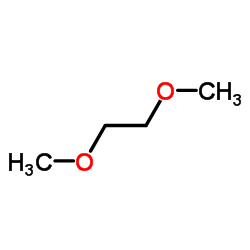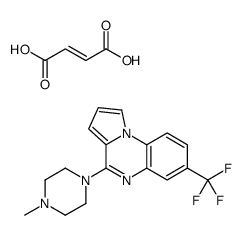| Structure | Name/CAS No. | Articles |
|---|---|---|
 |
Ethanol
CAS:64-17-5 |
|
 |
Retinoic acid
CAS:302-79-4 |
|
 |
1,2-dimethoxyethane
CAS:110-71-4 |
|
 |
Hydrocortisone
CAS:50-23-7 |
|
 |
CGS-12066 maleate
CAS:1350965-83-1 |